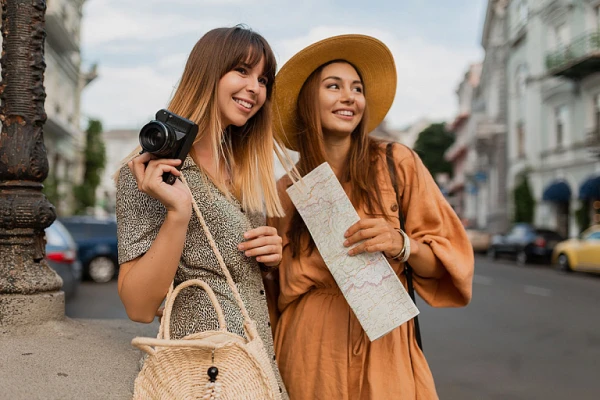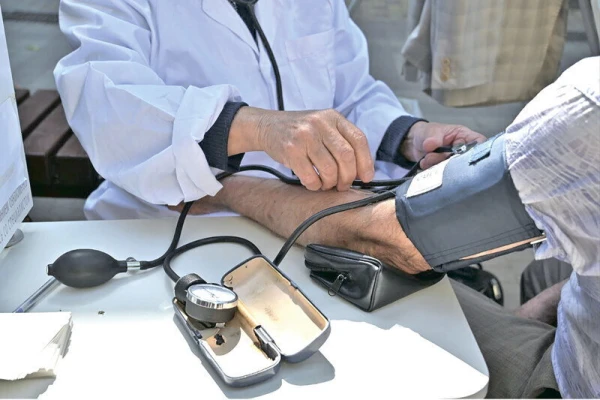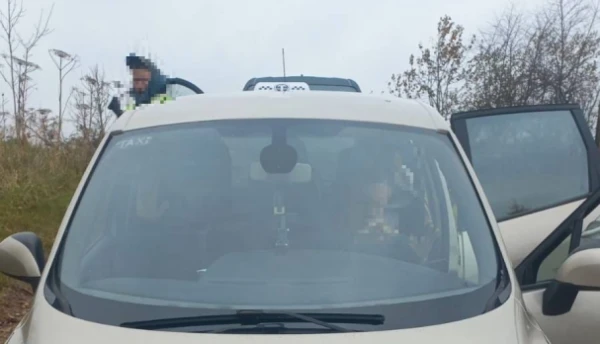
Traveling is a source of new emotions, discoveries, and joy, but it is also a test of attentiveness. According to international tourism associations, millions of travelers fall victim to scammers each year. Here’s how to avoid being one of them.
Consultant - Alena Fomina, tourism expert
Tourists are the perfect target: they are relaxed, unaware of local rules and language, often in a hurry, and trust those around them. Although the geography of scams is wide — from Paris to Bangkok — the schemes themselves are surprisingly universal. Let's explore with tourism expert Alena Fomina which tricks are most common and how to prevent them from ruining your vacation.
The main weakness of a tourist is ignorance. In a foreign country, you do not always understand the traditions, rules, prices, and language. Add to this the vacation mood, euphoria from new experiences, and the desire to be polite — and vigilance is easily lost. Even the stress of an unfamiliar environment hinders a sober assessment of the situation. Scammers take advantage of this.
Contrary to stereotypes, a scammer is not necessarily a suspicious-looking person. Often, they are friendly, well-groomed, and even educated individuals who speak several languages. They can work alone or in groups, have a good understanding of psychology, and know how to gain trust.
The most popular destinations for scammers are the tourist capitals of Europe: Paris, Rome, Barcelona, and Prague. In Asia, scams are common in Thailand, India, and Turkey, while Latin America has its own specific schemes. However, there are tricks that work everywhere: urgency (“only now!”), greed (“unique offer”), manipulation of trust (“we want to help”), and playing on emotions.
“Help” with Luggage and Fake Porters
Airports, train stations, and hotels are favorite spots for fake porters. They appear in uniform or without, quickly grab your suitcase, and carry it to a taxi or hotel entrance. Then they demand 20–50 euros, even if you didn’t ask for help.
The classic scenario is simple: the tourist is tired after the flight, the luggage is heavy, and a “well-wisher” with a badge or in uniform appears nearby. This is most common in Rome, Paris, Morocco, or Turkish resorts. Sometimes scammers act aggressively: they surround the victim, won’t let them leave, and threaten to call the police.
How to protect yourself? Never agree to unsolicited help and keep your luggage with you. Say a firm “No, thank you” and use only official porter services. If the situation has already occurred, demand to return your belongings, call security, and document what is happening on camera.
Taxi Scammers and Fake Drivers
Taxi scams are a classic genre. The mildest option is inflated rates: a “broken” meter, night rates during the day, extra charges for luggage. A more risky scheme involves illegal taxis at airports. Cars disguise themselves as official ones, and drivers use fake badges.
In the best case, you will overpay several times. In the worst case, you could be taken to an unsafe area or robbed. This happens especially often in Paris (Charles de Gaulle), Istanbul, Cairo, and Bangkok.
To keep yourself safe, download Uber, Bolt, or local equivalents in advance, order transfers through your hotel, or use official taxi stands. Always photograph the car's license plate and send it to someone close, insist on using the meter, and track the route via GPS.
Restaurant Scams and Surprise Bills
Another painful topic is establishments aimed solely at tourists. Here, you might be handed a menu without prices, receive a “compliment from the chef” that later appears on the bill, or have 30% gratuity automatically included.
Often, the scam is related to seafood “by weight”: no one mentions the price per kilogram, and the final bill for fish or shrimp can far exceed expectations. This scheme is especially popular in Greece, Italy, and Croatia.
The advice is simple: always ask for the price in advance, refuse unsolicited dishes, and check the bill down to the last cent. If in doubt, threaten to call the tourist police or leave a review on popular platforms. Better yet, choose places where locals eat rather than establishments with pushy promoters.
Fake Police and Document Checks
One of the most unpleasant ways to scam is by people posing as police officers. The scenario is usually the same: they present a fake badge, accuse you of an offense, demand your passport, and… money for a “counterfeit check.” This is often practiced in Prague, Paris, and Eastern European countries.
Remember: real police officers are always in uniform, behave calmly, do not demand to see cash, and may offer to take you to the station. You have the right to ask for the officer's identification number, demand a police car, and contact your consulate. It is strictly forbidden to show your wallet or bank cards.
“Helper Friends” and Distraction Maneuvers
The most “friendly” scheme is when someone approaches you claiming to be a local offering to show you a secret café or help take a photo. In reality, this can end with a request to buy something at an inflated price or outright theft.
Another variant involves petitions and charity: girls with a folder ask you to sign a petition and make a “small donation,” which then turns into a demand for 20–50 euros.
A classic distraction maneuver is a spilled drink, children surrounding you on the street, or even a bird “accidentally” soiling your clothes. While you are distracted, a second participant steals your wallet. The Paris metro, Barcelona, and Rome are the main hotspots for such scams.
The best way to protect yourself is to maintain a healthy skepticism, keep money and documents in a waist bag under your clothing, and keep your phone in a secure place.
General Travel Safety Tips
-
To ensure your trip goes smoothly, it’s worth preparing in advance: study the scams in your destination country, make copies of documents, and arrange for insurance. It’s better to keep money and cards in different places and limit card limits.
-
Don’t forget about digital security; don’t scan random QR codes. And, of course, trust your intuition: if a situation seems suspicious, it’s better to walk away.
-
The most reliable protection against scammers is awareness. It’s important to maintain a balance: be attentive but not paranoid. After all, most people abroad are honest and willing to help. Let knowledge of popular scams not spoil your mood but instead provide confidence and peace of mind. After all, travel should bring joy, not unpleasant memories.











